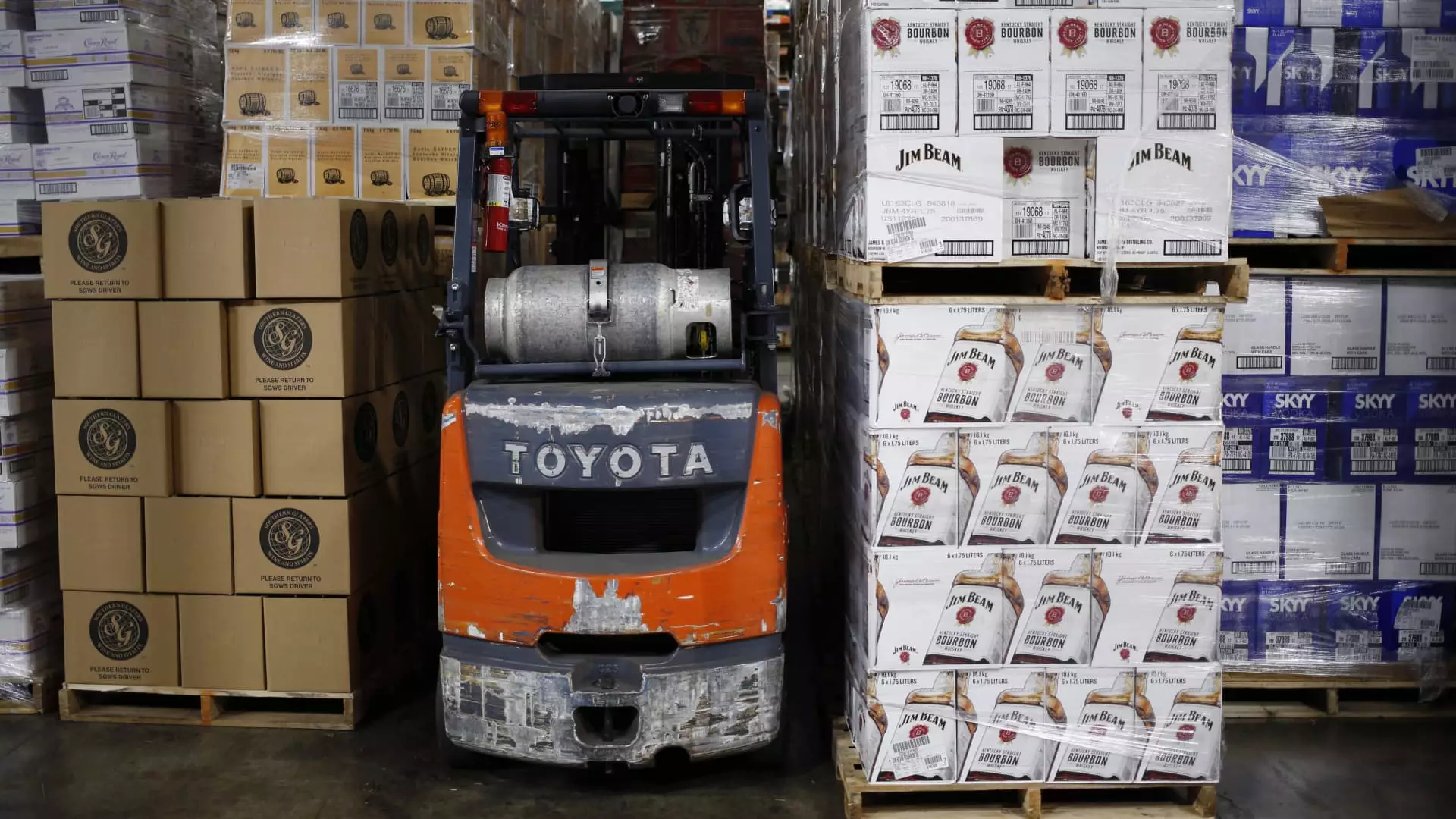In a significant move aimed at protecting small businesses, the Federal Trade Commission (FTC) has filed a lawsuit against Southern Glazer’s Wine and Spirits, the largest distributor of wine and spirits in the United States. The complaint outlines allegations of illegal price discrimination that favor large retail chains such as Costco, Kroger, and Total Wine & More, thereby marginalizing smaller grocery stores and independent liquor shops. The FTC’s action exposes systemic issues related to competitive practices in the alcohol distribution industry, echoing concerns about market fairness and consumer choice.
Southern Glazer’s, a powerhouse in the distribution of approximately 5,600 wine and spirit brands, tallied around $26 billion in revenue in 2023 alone. The FTC’s lawsuit asserts that the distributor offered substantial discounts and rebates exclusively to larger chains while effectively shutting out smaller competitors from similar financial advantages. This disparity could lead to a stifling of competition, where localized businesses struggle to attract consumers due to less favorable pricing. As FTC Chair Lina Khan aptly put it, unfair pricing strategies not only diminish choices for customers but also contribute to a detrimental impact on community businesses.
The Legal Framework: The Robinson-Patman Act
At the core of the lawsuit is the alleged violation of the Robinson-Patman Act, which prohibits unfair price discrimination between competing buyers. This legal provision is designed to ensure equitable competition, stressing that all businesses—large or small—should have a fair opportunity to thrive in the market. The FTC’s engagement reflects a renewed commitment to enforce this legislation, which has been historically overlooked. By highlighting practices that favor large retailers at the expense of smaller ones, the current action reaffirms regulatory intentions to safeguard a balanced marketplace.
The implications of this lawsuit extend beyond Southern Glazer’s and have the potential to reshape the distribution landscape for alcohol in the United States. If the courts find merit in the FTC’s claims, it could usher in a new era of scrutiny regarding pricing practices not only in the alcohol sector but across various industries where similar disparities exist. This legal action might also spur other regulatory bodies to evaluate their competition policies and ensure that large corporations do not monopolize market advantages at the expense of smaller enterprises.
As the lawsuit progresses in the U.S. District Court for the Central District of California, this case will be a litmus test for the future of competitive practices within the alcohol distribution sector. It sets a precedent that could empower smaller businesses, encouraging fair competition and potentially leading to a more diverse retail landscape. The FTC’s vigorous stance is indeed a call to action, echoing a broader demand for transparency and fairness in business practices across the board. The outcome of this case could pave the way for change, benefitting consumers, fostering competition, and revitalizing local economies strained by inequitable pricing strategies.


Leave a Reply